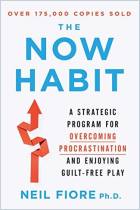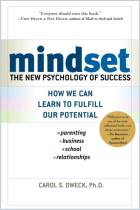Únase a getAbstract para acceder al resumen.

Únase a getAbstract para acceder al resumen.
Tal Ben-Shahar
Being Happy
You Don't Have to Be Perfect to Lead a Richer, Happier Life
McGraw-Hill, 2010
¿De qué se trata?
Find true happiness through accepting your failures and savoring your successes.
Recommendation
You can lead a more fulfilling life if you understand that you don’t have to be perfect to be happy. Tal Ben-Shahar, the best-selling author of Happier and an expert on positive psychology, explains how to achieve happiness while being less than perfect, that is, human. His tone is positive and encouraging as he walks you through setting challenging yet realistic goals, acknowledging the importance of failure in achieving success, and managing expectations in work, parenthood and love. Ben-Shahar draws on the teachings of great philosophers and the lives of notable individuals who conquered professional failure prior to great success. He addresses educating children, managing employees and being a good partner, and offers exercises and meditations you can practice to fulfill his central theme: accepting yourself and others. Though many other self-help books cover similar topics, Ben-Shahar’s approach is fresh and his information is meaningful. getAbstract suggests this clear, helpful handbook to managers, parents and anyone seeking a better work-life balance.
Summary
About the Author
Consultant Tal Ben-Shahar, PhD, an expert on positive psychology, also wrote Happier.

















Comment on this summary